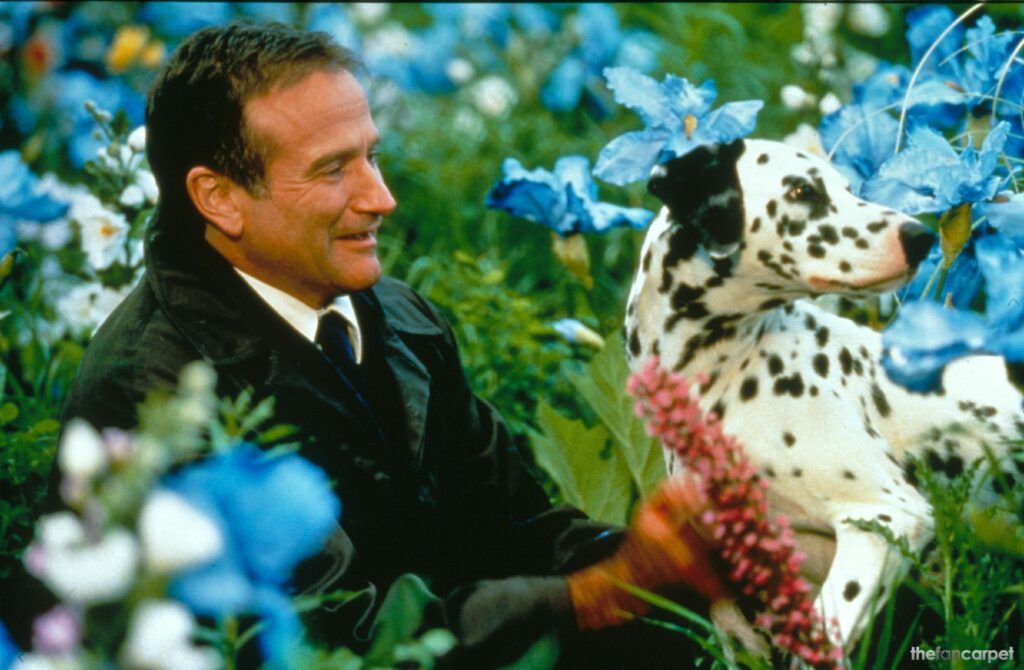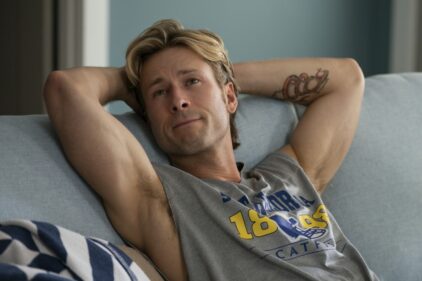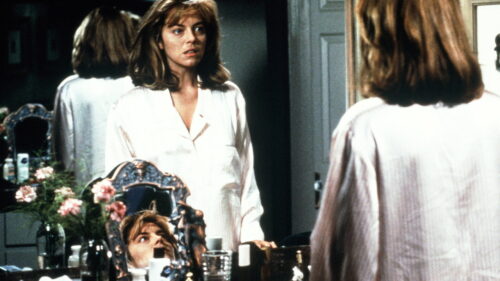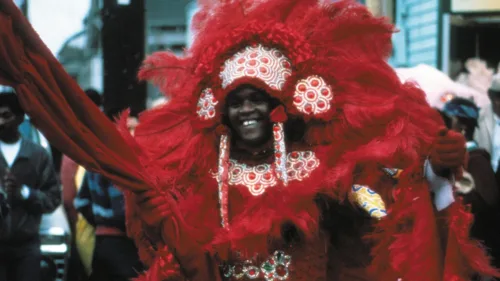I don’t know what it was that made me think about Robin Williams again yesterday. I probably thought of him because I was feeling blue. I was having one of those days in which everything, large and small, seemed to be going wrong. Suddenly I envisioned him in “The Fisher King,” nervously wooing Amanda Plummer, and playing with kids on a lawn in “The World According to Garp.” Instead of filling me with sadness, thinking about Robin Williams made me feel better. It might sound strange, but that’s what happened.
The day, that damned day: I wanted to just crawl into bed and stay there for a while; of course I couldn’t, because I had deadlines and had to take care of my kids after school let out, but the temptation was great. In recent years when I’ve experienced those sorts of feelings I’ve thought of Roger Ebert, who continued to be tremendously prolific in his later years despite undergoing cancer treatments and surgery that would have sapped some people of their will do anything but the basic survival activities. Since Williams’ death I’ve tended to think of him instead, partly because his suicide at 63 is still fresh in my mind, but also because—like a lot of people, I gather—I didn’t truly appreciate his accomplishments until I heard about his lifelong struggle with clinical depression.
It will come as no great shock to anybody who reads me regularly that I deal with depression, too. I wouldn’t presume to measure mine against Williams’—it’s never wise to do that; when we talk about pain with other people, it’s not an ouch contest—but suffice to say that it’s always been present; that it’s probably a combination of genetic predisposition and childhood traumas and that I manage it by being as prolific as possible. From time to time, unexpected life events have intensified it, to the point where I’ve gone on medication for a while, to kick me out of whatever rut I’ve gotten stuck in.
Once you know that Williams dealt with a version of that, you see his choice of roles—and the choices he made within those roles—differently. From the late 1970s onward, when he became a star on “Mork and Mindy,” he was famous enough to pick his projects. That’s not to say he was offered the same sorts of roles as Robert DeNiro or whomever, just that he had more options than most working actors. As his box office clout grew, he had more power to initiate his own projects or help others get theirs made. I doubt it’s a coincidence that he often made films about people in tremendous pain who had to get through life anyway.
Sometimes he was the person in the middle of suffering, or living in fear of suffering—in the shadow of the possibility of his own death or someone else’s. Other times he was the person who’d experienced pain and gotten through it and was now in a position to make a deposit in the karma bank by helping somebody else who was going through it. “The World According to Garp,” “The Survivors,” “The Best of Times,” “Good Morning, Vietnam,” “Dead Poets’ Society,” “The Fisher King,” “Good Will Hunting,” “One Hour Photo,” the TV production of “Seize the Day,” even his brief cameo in “Dead Again” all painted fine shadings of depression, anger, frustration or inertia that seem, in retrospect, mysteriously linked to what we now know he’d been grappling with every day, from childhood onward, most likely. Williams seized the day, in title and in dialogue, in two productions: the Bellow adaptation and “Dead Poets.” The latter contains one of my favorite moments in any film, the one where Professor Keating shows his students a trophy case filled with photos of various people, asks them to guess what they all have in common, then gives them the answer: “They’re all fertilizing daffodils.”
As the big blue genie in “Aladdin,” by consensus one of his lightest and sweetest roles, the actor is playing an all-powerful creature trapped in a bottle. A better metaphor for the containment of Williams’ own otherworldly gifts is hard to imagine.
He often played men living in the shadow of the possibility of death, or stumbling along in the aftermath of loss, or suppressing or denying the power of events that led to a figurative or metaphorical death: a soul-death. In other roles we find him ministering (in a secular way, through humor) to people in such predicaments.
Some of these head-on confrontations with mortality were nearly great (“The Fisher King” and “Garp” are strewn with Grim Reaper-type images and figures), others were good (“Vietnam,” and “Awakenings,” in which Williams plays a recessive and melancholy doctor trying to rescue patients from a kind of living death) and others were horrid (the allegedly inspirational “Patch Adams,” in which Williams’ character seems to think that laughter is not just the best medicine but a substitute for it, strip-mines our affection for him). But the philosophical and emotional through line is consistent and, sadly, impossible to miss. On some level he must’ve known that there is no point, none whatsoever, to suffering except to get through it and tell other people what you went through and how they can cope with it, if they haven’t figured out already—or to just listen; to be there, in the deepest sense, for somebody else.
Thinking about all this, I was briefly angered by the way many appreciations and some news stories characterized Robin Williams’ suicide. They said he died too young, or at a shockingly young age, and remarked on how sad it was that we wouldn’t get to see him in the Grand Old Man phase that he’d surely have enjoyed. There was a sense, in some of these pieces, that we’d all been cheated, or that he’d be cheated, or that his loved ones had been cheated. A few took a nasty turn, calling him weak and describing his suicide as selfish.
The anger passed when I decided to reframe Williams’ death in terms I understood from experience. He didn’t take his own life because he was weak or because he was selfish. He took his own life because he was suffering from an illness that makes you wish you were dead a lot of the time—a disease that we’re only really beginning to understand and appreciate.
We should think of him instead as we’d think of somebody who was born with a fatal illness that remained in a sort of incubation period throughout his life, sometimes flaring up and expanding, other times receding; an illness that he medicated with anti-depressants and self medicated (mainly in his younger years but sometimes later, during relapses) with hard drugs and alcohol.
A lot of people don’t get this. It’s not their fault. Society has conditioned everyone to think of depression as something shameful, or as somehow not a “real” illness, or as something that just passes over us, or through us, or as a momentary roadblock in life, something that functioning adults know how to get though, or past (and should just keep to themselves if they don’t, because who wants to hear somebody complaining).
But there’s a difference between feeling depressed—a mental state everyone experiences at some point in life—and being a depressed person. Consistently. Clinically. Baseline. The difference may be one of degree or duration, but there is a difference.
We describe people who live their lives in that state as bearing a burden. It’s an accurate description. I said this on social media a few days ago and got back an array of comparisons from people who had struggled with depression. They said it was like having to carry a heavy rucksack, or walk around in huge boots, or wear an invisible wet bathrobe over your clothes. So many of the comparisons likened depression to a garment or some other article of wardrobe: a thing we wear. A thing that identifies us (to ourselves, at least). A thing we carry and that has to be factored in, to everything.
Williams wore the invisible garments of depression. He carried that burden. A lot of the time we didn’t see it, because he was a bright and enthusiastic comic performer and a great actor. But the weight was always there.
Somehow he lived 63 years.
What a warrior he was.












